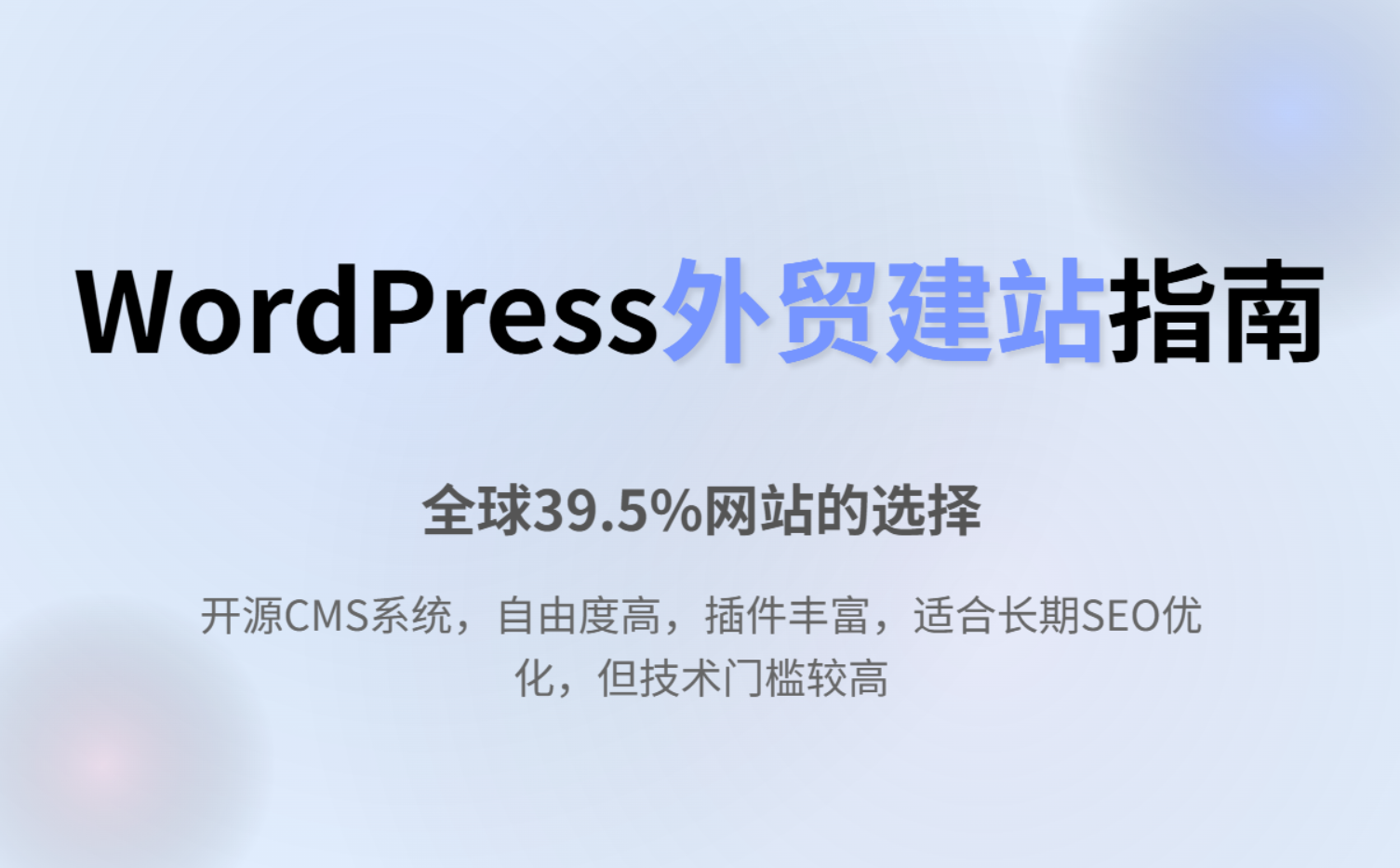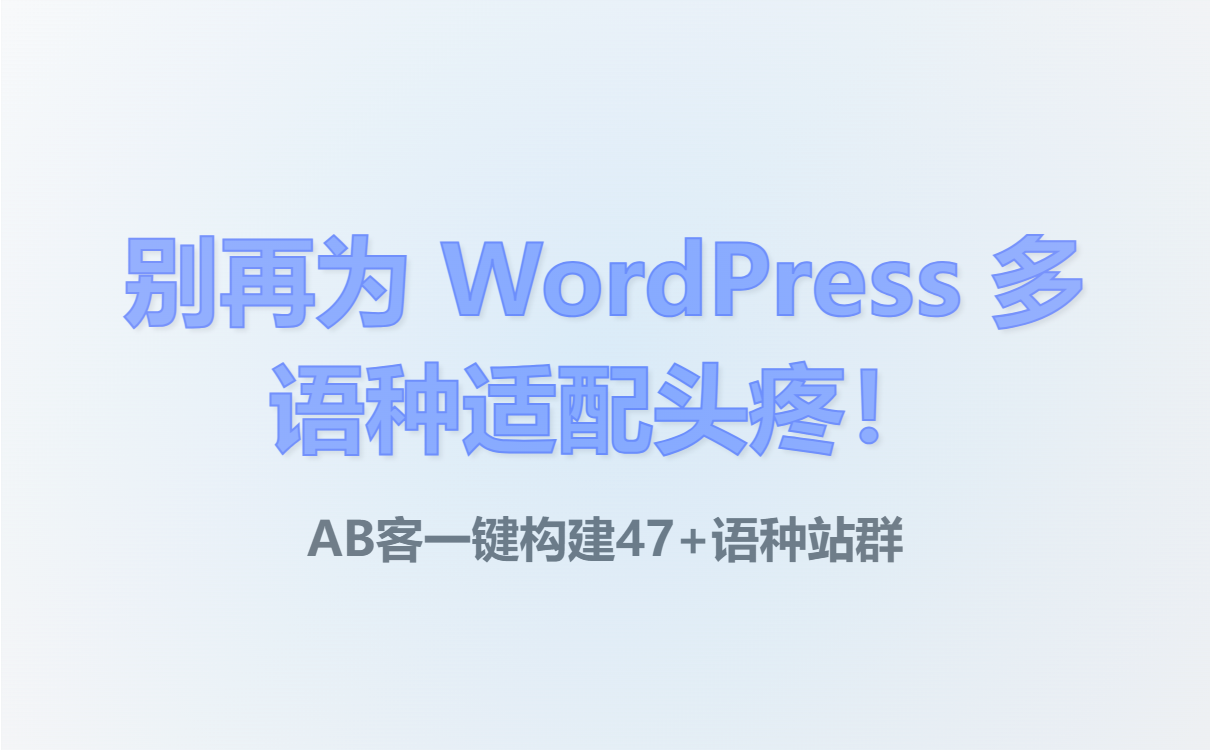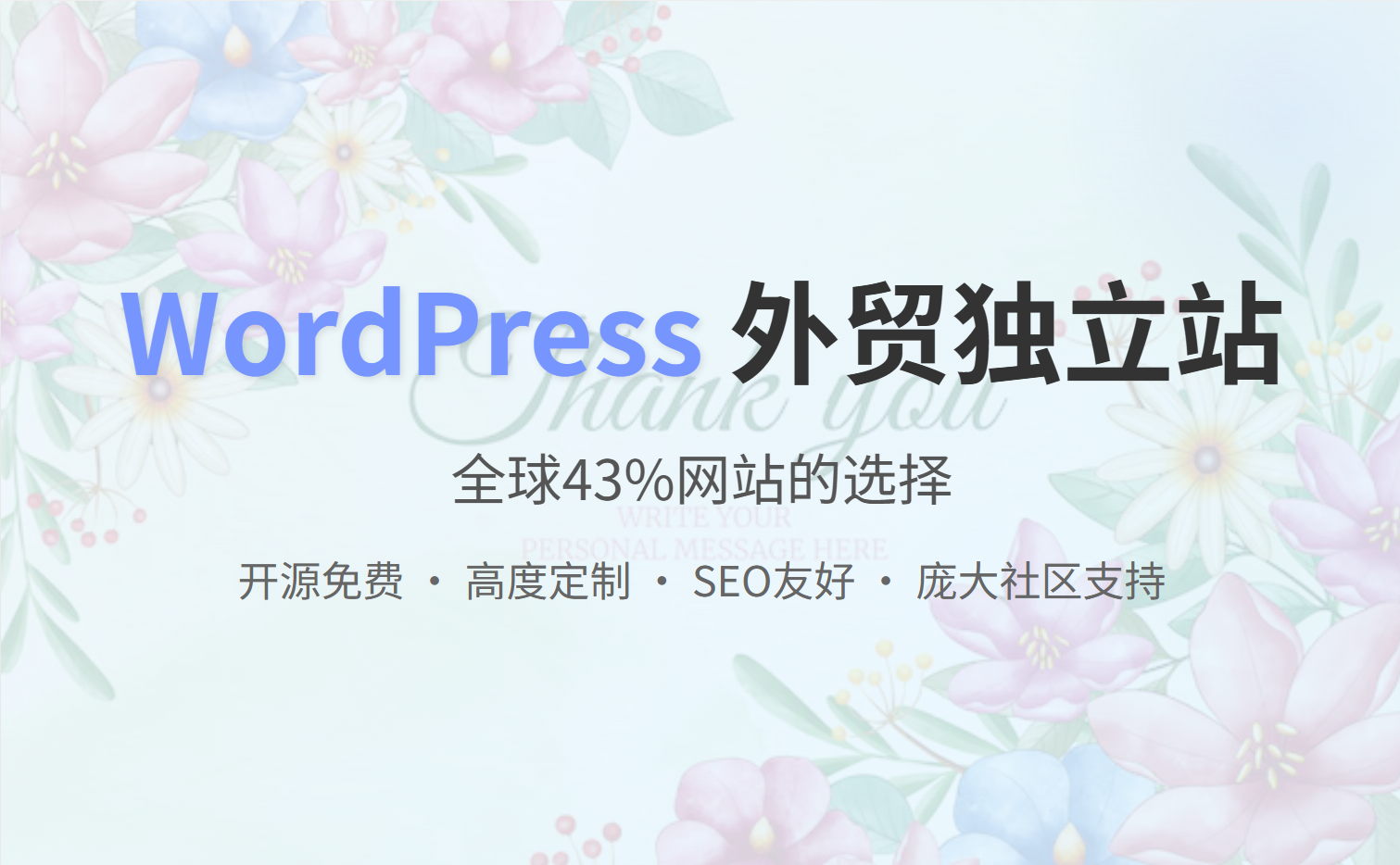 400-076-6558智领未来,外贸超级营销员
400-076-6558智领未来,外贸超级营销员
 400-076-6558智领未来,外贸超级营销员
400-076-6558智领未来,外贸超级营销员

In the era of globalization, foreign - trade enterprises are constantly seeking effective ways to expand their global market share. Traditional SaaS website - building tools have long been the go - to choice for many. However, they face numerous limitations in meeting the globalization needs of foreign - trade companies. For example, in terms of multi - language support, statistics show that over 70% of global consumers prefer to purchase products in their native language. But traditional SaaS tools often struggle to provide seamless multi - language switching. The technical challenges include language encoding, cultural adaptation of content, and real - time translation accuracy.

Cross - border SEO compliance is a crucial factor for foreign - trade websites. Regulations such as GDPR in Europe and CCPA in California have a significant impact on website - building platforms. For instance, GDPR requires strict data protection measures. A non - compliant website may face fines of up to 4% of its global annual turnover or €20 million, whichever is higher. These regulations affect various aspects of a website, including data collection, user consent, and data storage. A compliant website - building platform should be able to ensure that all data - related operations on the website meet these regulatory requirements, which is often a pain point for traditional SaaS tools.
When it comes to website group management, there is a huge gap between traditional tools and intelligent website - building platforms. Traditional tools usually have a high implementation complexity. For example, setting up a group of websites for different regions in Europe may take a team of 3 - 5 people about 2 - 3 months. In contrast, intelligent platforms can significantly reduce this time and effort. The implementation complexity of traditional tools also leads to higher costs and more potential errors.

Marketing automation integration is a game - changer for foreign - trade website operations. It can improve operational efficiency and conversion rates. By integrating marketing automation, tasks such as email marketing, customer segmentation, and lead nurturing can be automated. Studies have shown that marketing automation can increase conversion rates by up to 451% and reduce marketing overhead by up to 12.2%. This not only saves time and resources but also enables more targeted marketing strategies.
Let's look at a real - world scenario. In a multi - regional website group operation, maintaining a single site may cost about $5,000 - $10,000 per year, including hosting, maintenance, and content updates. However, operating a group of 5 - 10 sites in different regions using traditional tools can cost up to $50,000 - $100,000 per year, with relatively low efficiency. In contrast, an intelligent website - building platform can reduce these costs by up to 30% - 50% while achieving better results in terms of traffic and conversion.

For foreign - trade enterprises, when selecting a new - generation intelligent website - building solution, they should consider factors such as functionality, ease of use, and cost - effectiveness. First, ensure that the platform has strong multi - language support, cross - border SEO compliance, and efficient website group management capabilities. Second, look for a platform that can integrate with marketing automation tools. Third, evaluate the platform based on real - world case studies and user reviews.
Q1: What are the main technical challenges of multi - language support in traditional SaaS tools?
Q2: How does GDPR affect the data collection process of a foreign - trade website?
Q3: Can you give an example of how marketing automation can improve conversion rates?
If you have more questions or want to learn more about intelligent website - building solutions, feel free to leave your comments below.
Discover the Next - Generation Intelligent Website - Building Solution Now!.png?x-oss-process=image/resize,h_100,m_lfit/format,webp)
.png?x-oss-process=image/resize,h_100,m_lfit/format,webp)

.png?x-oss-process=image/resize,h_100,m_lfit/format,webp)
.png?x-oss-process=image/resize,h_100,m_lfit/format,webp)
.png?x-oss-process=image/resize,h_100,m_lfit/format,webp)
.png?x-oss-process=image/resize,h_100,m_lfit/format,webp)
